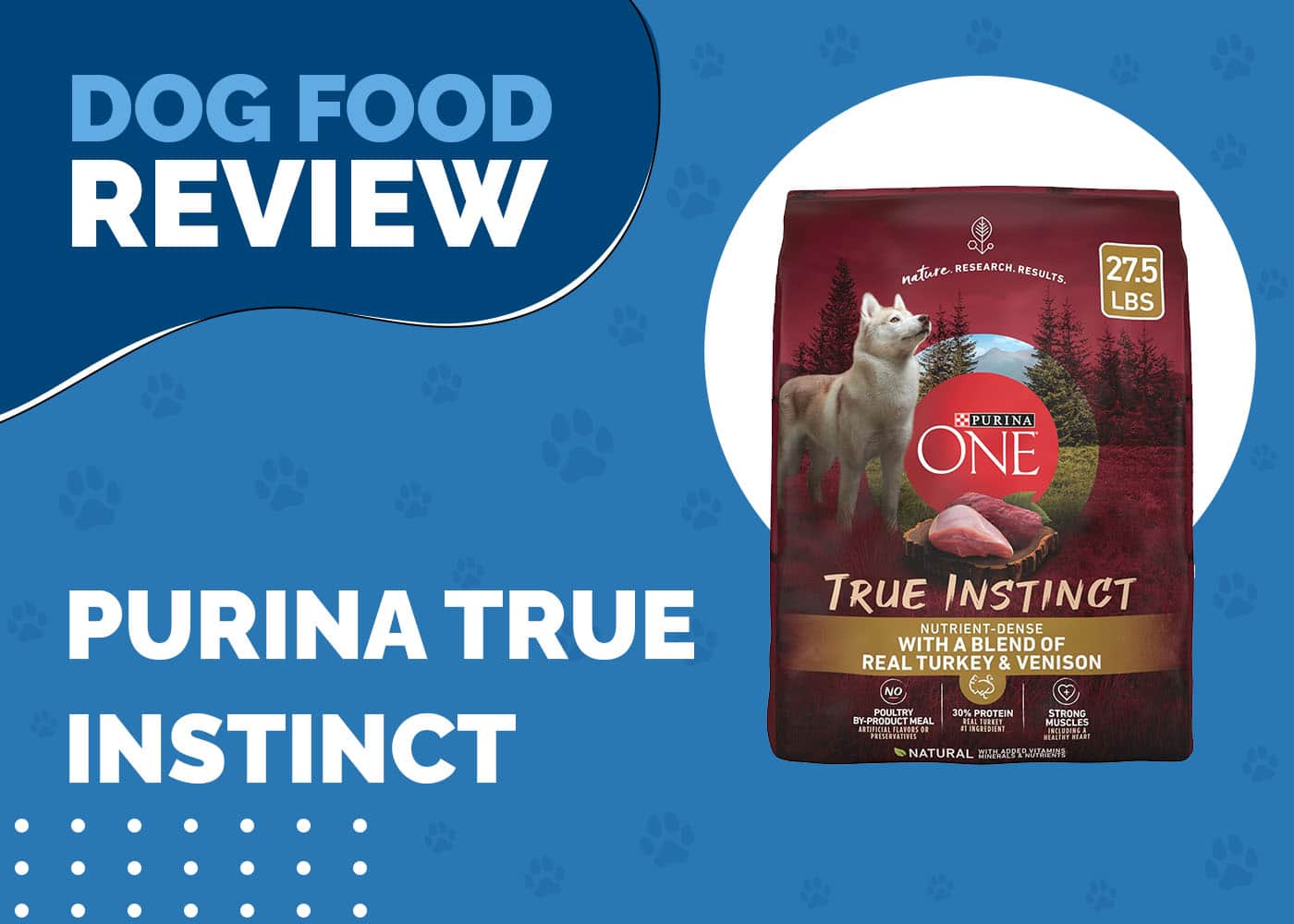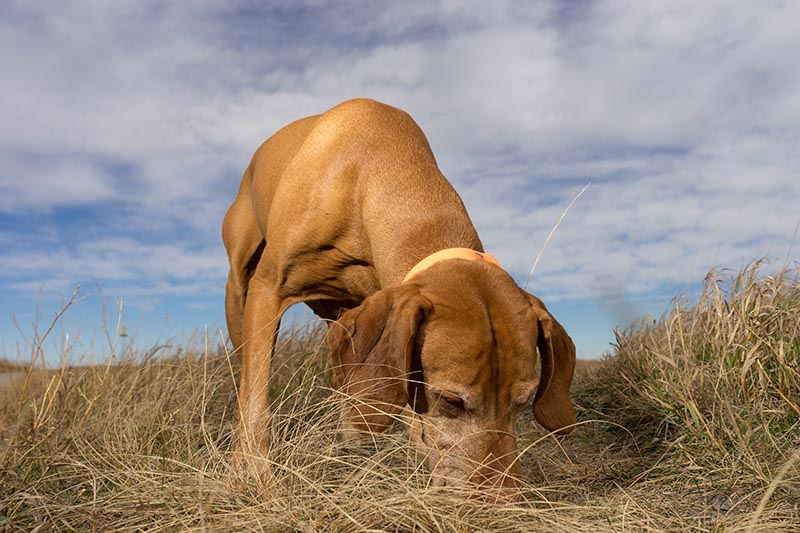What Is Choline Chloride in Dog Food? Is It Safe?
By Jordyn Alger
Updated on
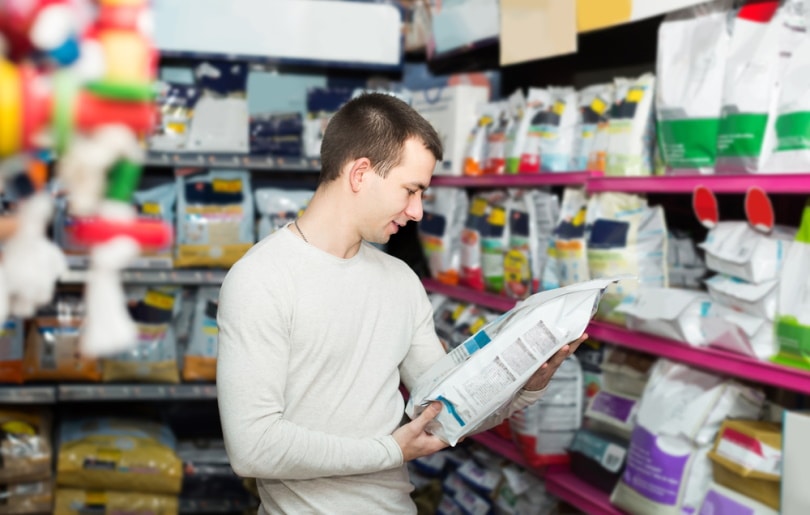
We all want what is best for our dogs, especially their food. However, ingredients in dog food formulas can be difficult to decipher, especially when they have chemical names like choline chloride. So, what is choline chloride? Is it a horrible chemical preservative? Is it like chlorine in a pool?
As scary as it may sound, choline chloride is none of those things. In fact, not only is it safe, but it is also good for your dog! If you want to know why, keep reading to find out.
What Is Choline Chloride?
Simply put, choline chloride is a salt. Choline is an organic compound that occurs naturally. It’s an essential nutrient that is present in some foods. Choline can also be produced in a laboratory setting, and choline chloride is industrially produced in large quantities.
Choline chloride is most often used in animal feed. Though it is more frequently seen in chicken feed, it is also in dog food. It provides necessary electrolytes and nutrients to promote growth and is part of the vitamin B family.
Outside of animal feed, choline chloride is also in several other products, including infant formulas, pharmaceuticals, and hydraulic fracturing.
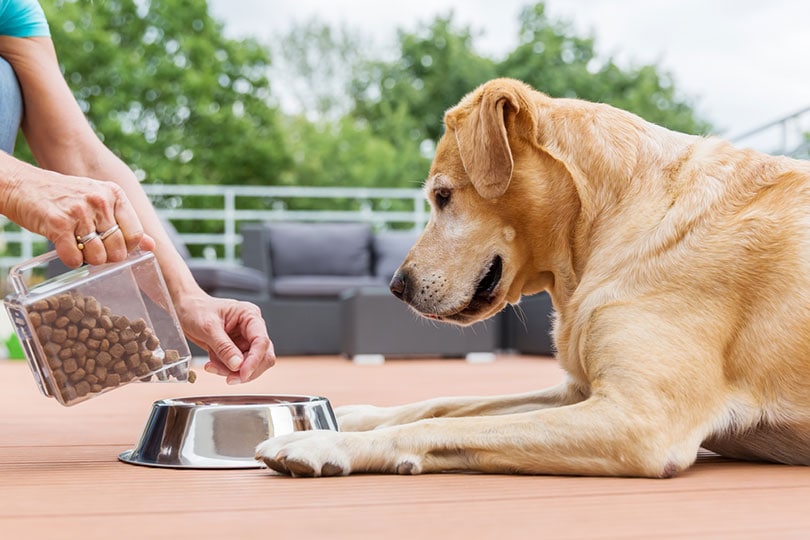
Is It Safe if Choline Chloride Is in My Dog’s Food?
Yes, choline chloride is a safe ingredient in your dog’s food. It benefits several processes, including cellular growth, metabolism, DNA synthesis, and the function of the nervous system. Likewise, it can combat unwanted health complications, which include memory loss, heart issues, and pregnancy concerns.
However, natural forms of choline, such as the phosphatidylcholine from krill, are preferred and more efficient in raising blood choline concentrations than synthetic choline chloride.
What Happens if My Dog Has a Choline Deficiency?
If your dog does not receive enough choline in their diet, it can lead to several complications. Without sufficient choline, your dog can experience increased cholesterol levels and liver enzyme activity, vomit, and even develop fatty liver disease, a rare condition in dogs.
Fatty liver disease can lead to significant weight loss, decreased appetite, jaundice, diarrhea, and depression.
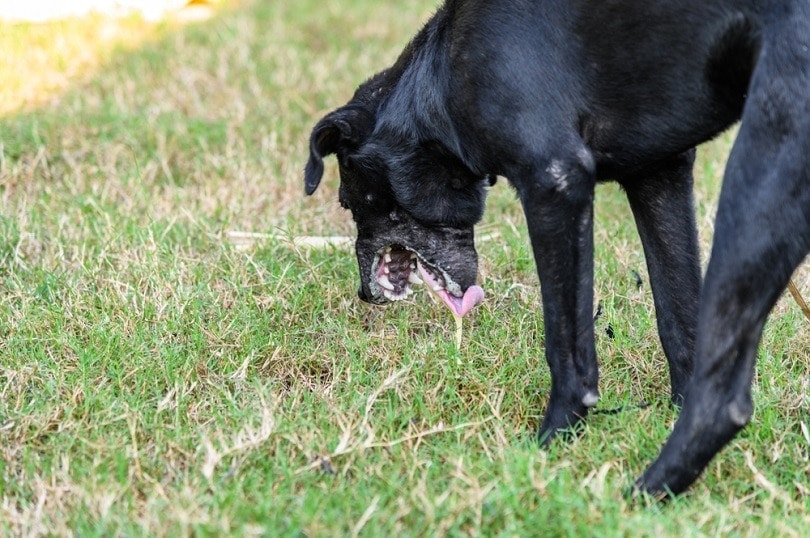
How to Ensure Your Dog Gets Enough Choline
Since choline is so important to your dog’s health, and the complications that come with a deficiency are so worrying, it is vital to ensure your pet gets adequate levels of choline. But how can you ensure that? There are several excellent sources of choline you can feed your dog. Some of these include beef, egg, chicken breast, and cod.
Of course, another way to ensure that your dog is getting the choline they need is to look at the ingredients in their food.
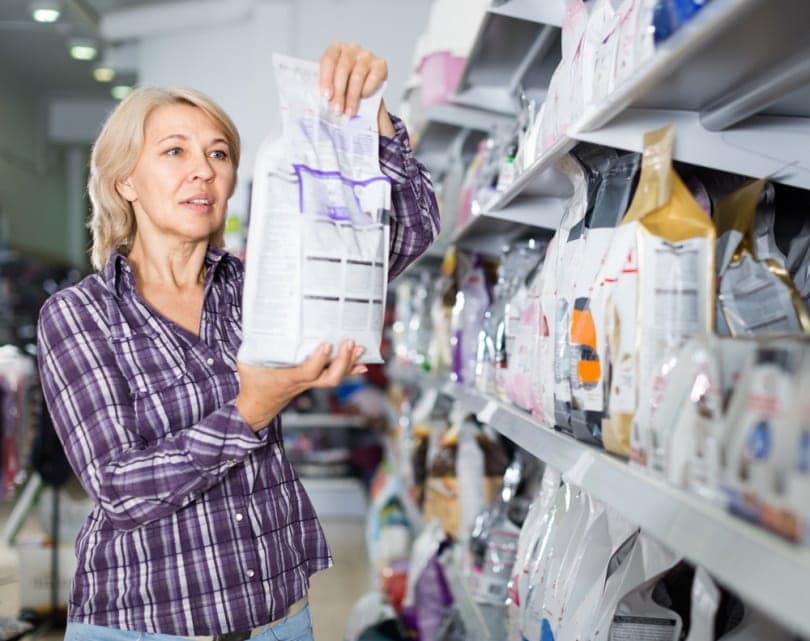
Conclusion
To keep our dogs healthy, we must double-check the benefits and risks of what we feed them. If you have any other questions about specific ingredients in your dog’s food, contact your vet and get their opinion. Choline chloride may sound scary, but it can be a valuable addition to a dog’s diet.
Featured Image Credit: BearFotos, Shutterstock




